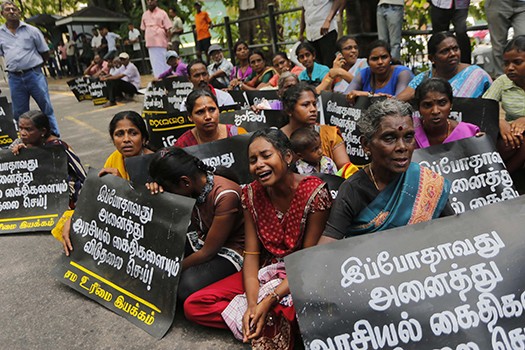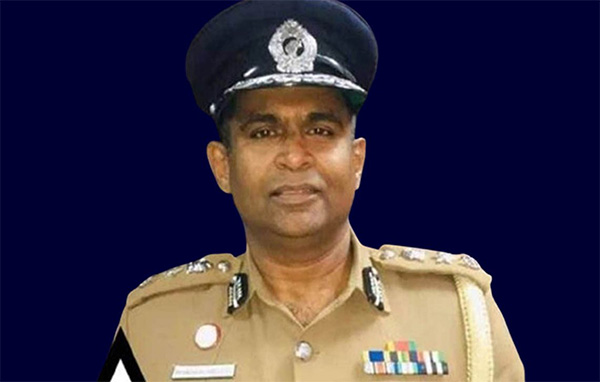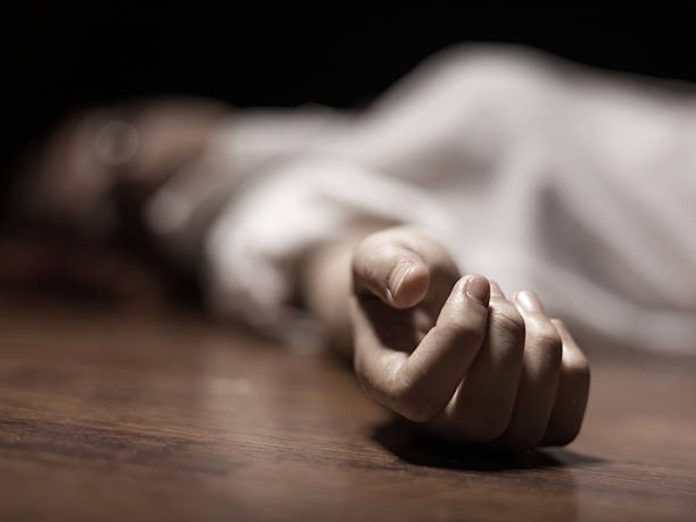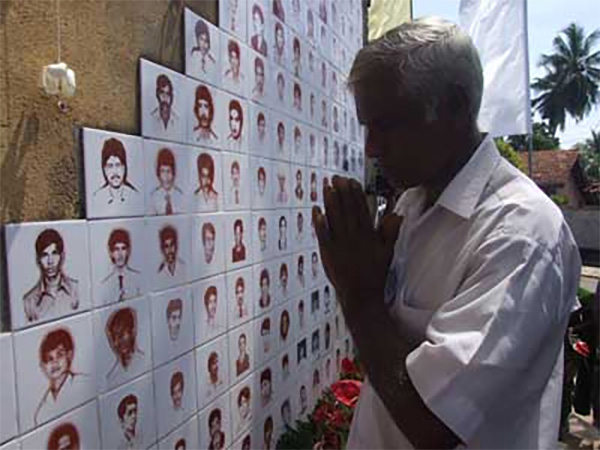In a joint statement issued by four prominent international rights groups – the International Truth and Justice Project (ITJP), World Alliance for Nature (WAN), Freedom of Dissent (FOD), and the Center for Human Rights and Democracy (CHRD) – serious reservations were raised regarding the establishment of yet another government commission in Sri Lanka. The Truth, Unity, and Reconciliation Commission, announced by the Sri Lankan government, has sparked controversy as victims of human rights violations express frustration over the lack of accountability in previous inquiries.
The statement emphasizes that Sri Lankan victims have lost count of the numerous government commissions established over the years to investigate gross violations of human rights. Despite these efforts, justice and accountability continue to remain elusive, leaving families in distress. Today marks eight years since families of the disappeared initiated street protests, yet over 240 elderly relatives have passed away without learning the fate of their loved ones.
The international rights groups reveal that 37 civil society organizations and 19 activists have already issued statements rejecting the proposed Truth Commission. Their concerns include the perceived failure of past mechanisms, the lack of transparency in making documents public, insufficient powers granted to the new body, the absence of international involvement, the lack of an appropriate judicial mechanism, and the failure to implement recommendations from previous commissions.
Furthermore, the statement highlights a disturbing trend where inquiries are established to investigate events without holding individuals criminally responsible, leading to the recurrence of mass atrocities by the same perpetrators. The groups express serious reservations about the effectiveness of the latest accountability initiative announced by the Sri Lankan President.
The joint statement calls for a crucial step towards truth and accountability – the release of unpublished reports and the publication of all past reports on the Presidential website. Shockingly, the final reports of more than a third of the 36 identified past commissions were never made public, raising concerns about the government’s commitment to transparency and justice.
As the international community and civil society unite in rejecting the proposed Truth Commission, pressure mounts on the Sri Lankan government to address the persistent human rights issues and take meaningful steps towards truth, justice, and accountability.




